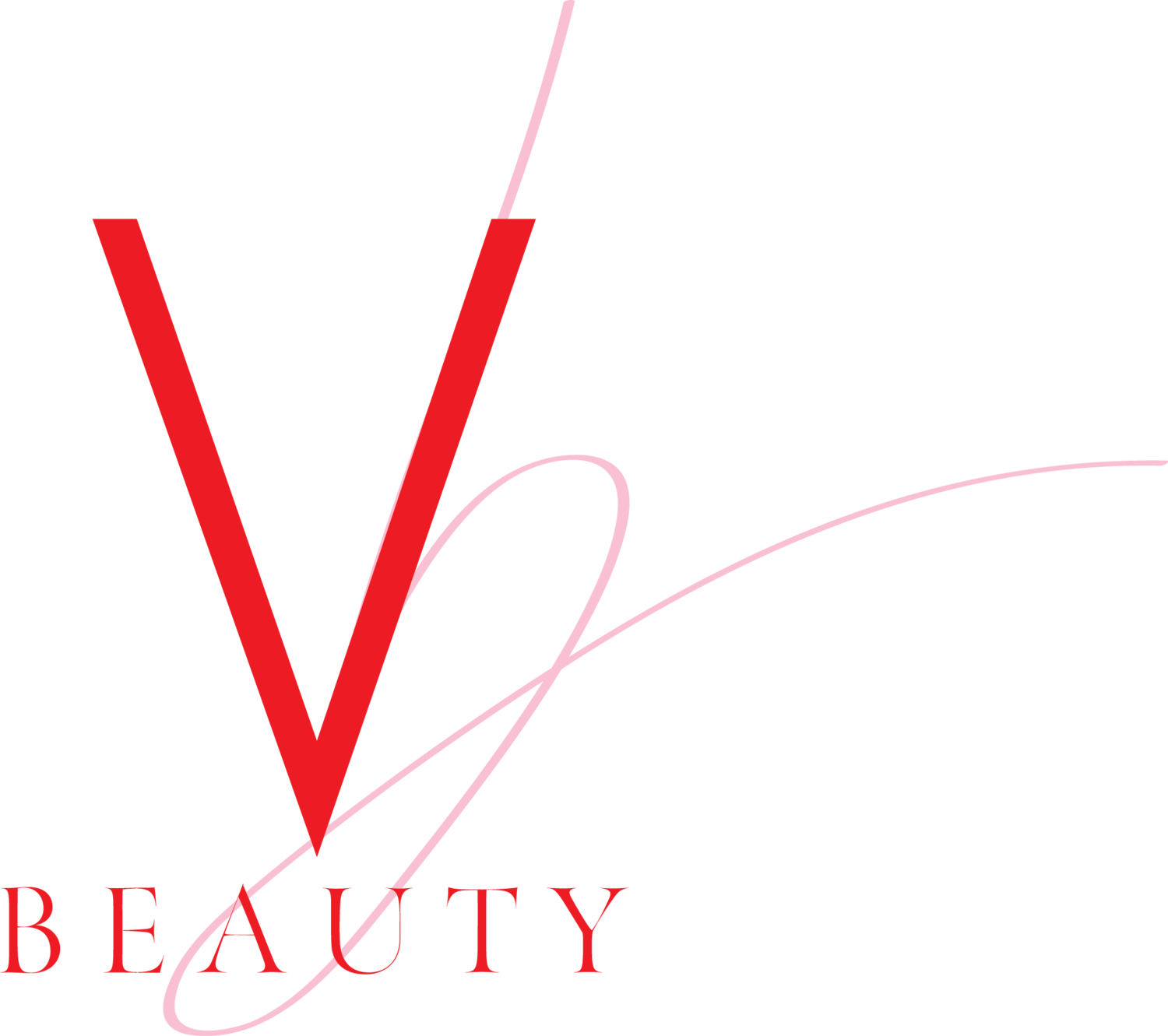Boycott These Toxic Beauty Ingredients on Earth Day
A pygmy seahorse on a coral in Indonesia.
Let me get one thing straight: The earth has been around for a few billion years. We have been around for a few hundred thousand years. After the industrial revolution we have destroyed two-thirds of our natural resources. And in the last 25 years we have already demolished one-tenth of the remaining wilderness. Oh and did I mention that we will use two-thirds of wild animals by 2020?
While there are many reasons behind this destruction, the beauty industry also has a role to play. Think about the huge amount of non-recycled paper that is used in packaging. But of course we are also responsible because beauty companies only mirror our needs. And if I start writing all the beauty habits we must change to save ourselves and the environment, this post will go on forever. So, to begin with, I will just ask you to boycott two ingredients that are extremely toxic for the environment. It is in our hands to make a change, and eliminating these ingredients will be a small step towards saving our planet:
- BOYCOTT Microbeads or microspheres
These seemingly harmless plastic beads are still a regular addition to soaps, face cleansers and body washes as they help gently exfoliate the skin. The problem is that once you’re done exfoliating with these babies, they go into our oceans and rivers as they're not biodegradable and are highly toxic. They’re then swallowed by marine life who mistake them for food. Microbeads are extremely toxic for fish and marine life so much so that President Obama banned their usage in 2015. They will also be banned in the UK by the end of 2017. If you want exfoliation then go for natural scrubs containing jojoba beads or dry fruit kernels that are biodegradable and therefore better for the environment.
My choice: Kama Mridul Soap-free Face Cleanser
- BOYCOTT Oxybenzone sunscreens
Another ingredient that’s banned in the U.S.A because it is a hormone disrupter, and is also potentially responsible for increasing rates of cancer. If that’s not bad enough, this chemical also destroys our coral reefs. It is estimated that an estimated 20-60 million bottles worth of sunscreen chemicals dissolve into our oceans every year. These chemicals stifle the coral reefs leading to their destruction. The solution lies in switching to mineral sunscreens with zinc or titanium, which basically form a barrier on your skin, protecting it from the sun. These minerals are also good for your complexion - if you’re oily or rosacea prone, these minerals reduce breakouts and redness. Because they may leave a white cast on your skin use a smaller amount and then build it up.
My choice: Badger Rose Damascus Sunscreen
Lead image: Shutterstock


